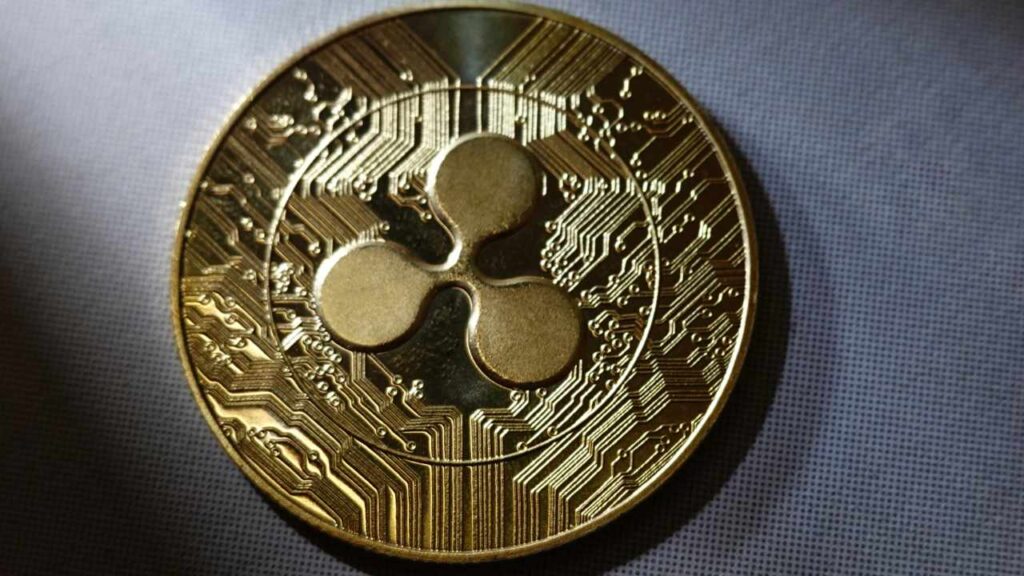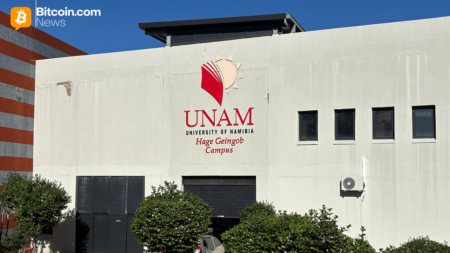Ripple Revolutionizes Global Real Estate with Dubai’s Adoption of XRP Ledger
In a groundbreaking move for the real estate sector, Ripple has extended its innovative blockchain technology to the United Arab Emirates, specifically through Dubai’s Land Department. This advancement comes as Dubai embraces the XRP Ledger to manage and secure tokenized property deeds. This significant initiative reflects a shift in how real estate transactions will be handled globally, offering enhanced security, scalability, and efficiency.
The Role of Ripple in Modernizing Property Transactions
Ripple’s introduction of the XRP Ledger into Dubai’s real estate system signifies a pivotal transition from traditional methods to a more digitized approach. The integration aims to streamline property transactions, offering a dependable solution for recording property deeds. By utilizing blockchain technology, Ripple is set to reduce fraud, improve transparency, and lower operational costs associated with property registrations.
Blockchain-Custody: A Secure Solution
The utilization of Ripple’s blockchain infrastructure represents a major leap toward secure custody for property transactions. With the increasing prevalence of digital transactions, ensuring the integrity and safety of property deeds is paramount. Ripple’s blockchain technology provides a decentralized platform that not only enhances security but also enables seamless tracking of property ownership, simplifying the entire process for buyers and sellers alike.
Enhancing Efficiency in Property Transactions
By adopting Ripple’s infrastructure, Dubai is effectively addressing the inefficiencies that often plague traditional real estate transactions. The tokenization of property deeds means that buyers can expect quicker processing times and lower costs, making real estate investments more accessible. This modernization aligns with Dubai’s vision of becoming a global leader in innovation and technology, thus promoting the real estate market further.
Global Implications and Market Expansion
Ripple’s foray into the UAE’s tokenized asset market has far-reaching implications. As Dubai sets a precedent for other global markets, we could witness a broader adoption of blockchain solutions in real estate across various international jurisdictions. This change not only reflects the growing acceptance of digital assets but also highlights the role of governments in supporting the transformation of traditional sectors through innovative technologies.
The Future of Real Estate with Ripple
The partnership between Ripple and Dubai’s Land Department showcases a revolutionary path forward for real estate transactions worldwide. By laying the groundwork for a digitally signed, cryptographically secure record of property ownership, Ripple is paving the way not just for other cities but for countries interested in adopting similar models. The future holds potential for a more decentralized, transparent, and efficient real estate market that could redefine the way properties are bought and sold globally.
Conclusion
In conclusion, Ripple’s collaboration with Dubai stands as a monumental step towards the integration of blockchain technology in real estate. This move not only modernizes how property transactions are carried out but also offers a secure, efficient, and transparent solution that benefits all parties involved. As more regions follow Dubai’s lead, the ripple effect of this innovation promises to transform the global real estate landscape, making it easier and more secure for individuals and investors alike. Through this initiative, Ripple continues to reinforce its position as a leader in pioneering blockchain technology for transformative applications worldwide.
















